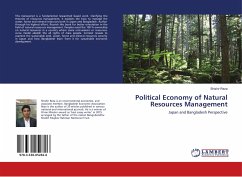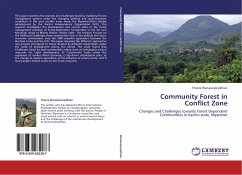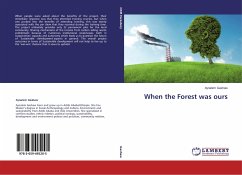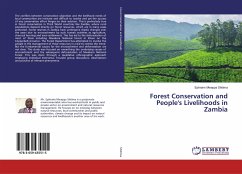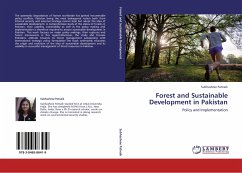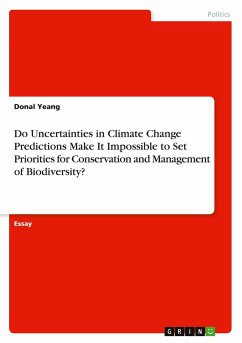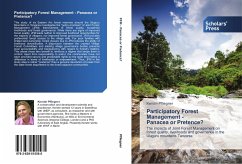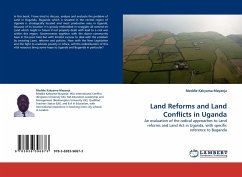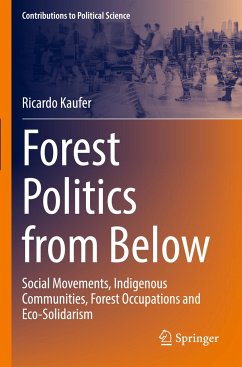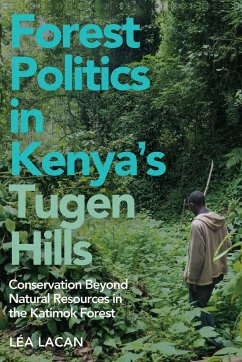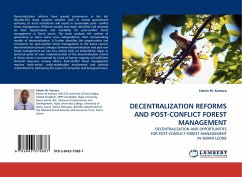
DECENTRALIZATION REFORMS AND POST-CONFLICT FOREST MANAGEMENT
DECENTRALIZATION AND OPPORTUNITIES FOR POST-CONFLICT FOREST MANAGEMENT IN SIERRA LEONE
Versandkostenfrei!
Versandfertig in 6-10 Tagen
32,99 €
inkl. MwSt.

PAYBACK Punkte
16 °P sammeln!
Decentralization reforms have gained prominence in the last decades.This book analyses whether shift of central government authority to local institutions will result in sustainable post- conflict forest management. Different models have been identified and analysed on their requirements and suitability for post-conflict forest management in Sierra Leone. The book analyses the context of governance in Sierra Leone since independence, their corresponding models of decentralization. It further identifies the opportunities and constraints for post-conflict forest management in the Sierra Leone's ...
Decentralization reforms have gained prominence in the last decades.This book analyses whether shift of central government authority to local institutions will result in sustainable post- conflict forest management. Different models have been identified and analysed on their requirements and suitability for post-conflict forest management in Sierra Leone. The book analyses the context of governance in Sierra Leone since independence, their corresponding models of decentralization. It further identifies the opportunities and constraints for post-conflict forest management in the Sierra Leone's decentralisation process.Linkages between decentralization and post-war forest management are not very strong from an institutional, legal, or technical point of view. Implementation of the decentralization reform in Sierra Leone is constrained by a lack of human capacity and sufficient financial resources, among others. Post-conflict forest management requires multi-sector, multi-stakeholder involvement and political commitment to addressing the issues of corruption and bad governance.



